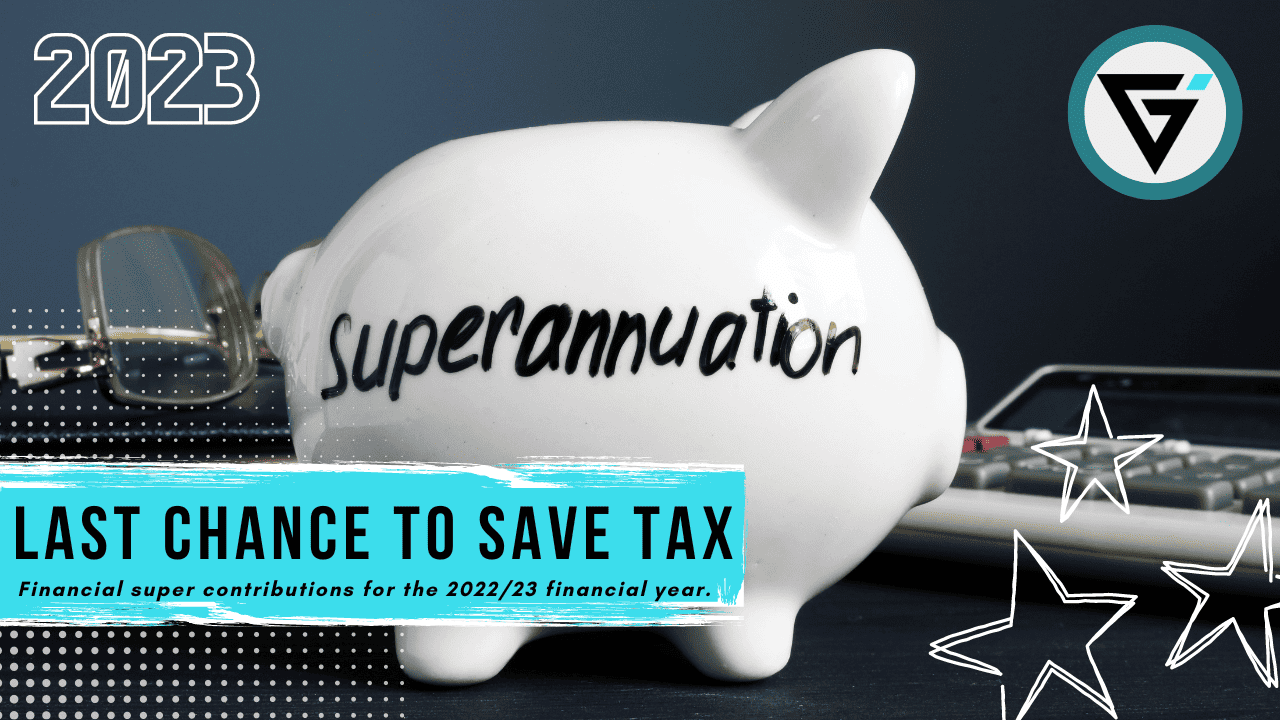Investing in the current market is quite tricky. The Australian stock market is at an all-time high, the US stock market is at an all-time high, and this is a common theme among most developed countries around the world.
To make matters harder, if we take money out of the stock market and put it into more defensive asset classes like cash and bonds, we are getting very little return on our capital as interest rates are at a record low.
So, if we don’t want to keep lots of money in the stock market because valuations are stretched, and we don’t want to keep lots of money in defensives because the return is too little, where do we look? Well, this is where alternatives can play a role as part of a well-diversified portfolio.
The alternative asset universe is very broad and can include things like hedge funds, private equity, unlisted infrastructure and even more bespoke investments such as artwork and vintage cars. It’s an asset class that is traditionally thought to be reserved for the high-net-worth investors but there are ways that the retail investor can incorporate alternatives into their portfolio.
The benefit of investing in alternatives is that they have very little correlation to the traditional asset classes. This means that if the stock market crashes, your alternatives won’t necessarily crash. They could in fact make money in a falling market, depending on what alternative you have invested in.
This low correlation makes alternatives an attractive asset class in the current market. I still consider alternatives a growth asset, and they still come with volatility, but the right alternative asset can be less risky than a long only fund and generate a higher return than sitting in cash or bonds.
There are a number of alternative asset classes that we are introducing into client portfolios at the moment. The first was a commodities play. Given the potential for inflation and the outlook for economic growth worldwide, we wanted additional exposure to commodities. However, commodities can be very volatile, so we chose to invest an alternative resources fund which uses short positions to protect capital on the downside.
We are also incorporating market-neutral funds. A market neutral-fund is a hedge fund that seeks a profit regardless of an upward or downward market environment, typically through the use of paired long and short positions or derivatives. This is a good way to still have stock exposures but hedge out a lot of the risk.
And finally, we are also using some real return funds. This is a multi-asset strategy that basically invests in any sector or strategy that they believe is appropriate given the current market condition. Typically, the investment mandate is to provide a smoother investment journey while still achieving a reasonable return (normally around 6% to 8%).
Now as you can probably tell, these investment strategies require a lot of skill to execute correctly. They are much more complex than a traditional long only type of fund. Given this, it is very, very important that you pick the right manager to invest in. We like to meet all of the managers and we run them through our due diligence process before investing any money.
Some of the other downsides to alternative asset classes include the following:
- Generally, the management expense ratio (MER) is higher with some of the alternative strategies. This is because the cost and expertise to run an alternative strategy is generally higher.
- In a rising market, your alternatives will typically underperform. The alternative strategies we invest in typically hedge away a lot of the market exposure and therefore you can’t expect them to perform as well as a long only fund in a rising market. They are there for diversification and to protect on the downside.
- They are still a growth asset. Alternative strategies aren’t a magic asset class that will produce you a reasonable return year-on-year without any risk. Like all investments, they have risk. On the risk ladder, they sit somewhere between traditional defensive assets and traditional growth assets.
- Don’t put all your assets into alternatives. Alternatives are there to form part of a well-diversified portfolio, you shouldn’t put all your money into alternatives or any other asset class for that matter.
I hope this has given you a good overview of alternative asset classes. For those people who are still running the traditional 60/40 portfolio but have been suffering from a loss of returns on the defensive side, incorporating some alternatives might be a good way to increase the return slightly while still having good capital preservation.










